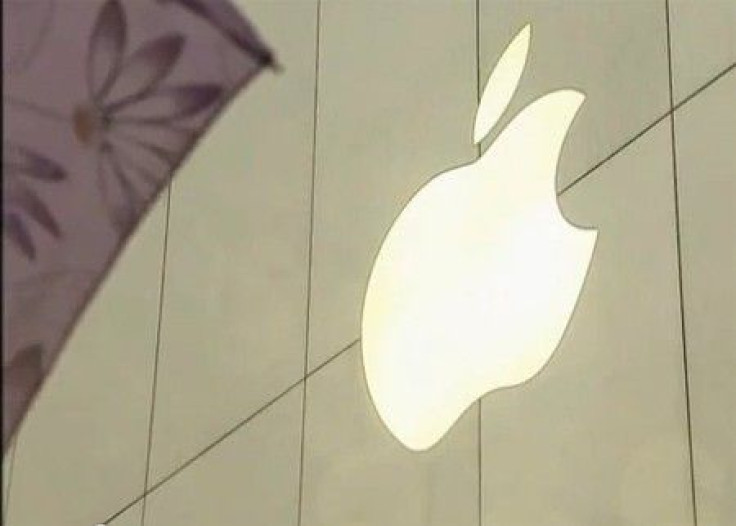Music locker wars: Apple's licensed service vs Google and Amazon's unlicensed

Apple has trumped Google and Amazon's unlicensed music locker offerings by landing a cloud-music licensing deal with EMI Music.
CNET reported that Apple already has a deal with Warner Music Group and will complete deals with Universal Music Group and Sony Music Entertainment by early next week.
It is surmised that Apple could launch its music locker service called iCloud at its Worldwide Developers Conference (WDC) on June 6.
The deal is a blow to Google and Amazon who launched their music locker services recently. Amazon launched its cloud-based music locker service called Cloud Drive in March. Also Google announced the launch of its music locker service called Music Beta last week at its developer's conference Google I/O.
Both Google and Amazon's music locker service requires users to upload their music collection in the cloud which then can be streamed to any device via a browser. The decision to pursue a music-locker service sans a license had irked the music labels. Reuters reported that there could be a legal backlash against Amazon from music labels. Reuters report about Amazon's CloudDrive service quoted Sony Music's spokeswoman Liz Young as saying: We hope that they'll reach a new license deal, but we're keeping all of our legal options open.
Google was also involved in securing licenses from major record companies but it also launched its music locker service Music Beta sans a license. The legal premise on which Google and Amazon attempted the venture was that users are uploading their own music in the cloud just as they would on any other device.
In the scheme of these legal hassles Apple has achieved something which Google and Amazon were aspiring for - a license with music labels.
A license in place allows Apple to offer a service which eliminates the need to upload music to the cloud which is usually a time consuming exercise. Apple can now offer a scan and match service. WSJ reported that under this service a music service first buys a catalog of music from a music label and then scans a user's hard drive to match the files with music stored. It then ascribes the user the right to stream the verified songs to multiple devices.
Such an arrangement also makes transfer and sharing of music more legally acceptable once proper rights are in place. However, the only caveat which kept the music labels from such an arrangement was that most of music stored on user's hard drives have been obtained from P2P sites or have been ripped from CDs and thus it's hard to verify as to whether the music was bought.
However, it seems while music labels were musing over this caveat the launch of unlicensed music lockers from Google and Amazon compelled them to side with Apple to offer a much more sophisticated service.
Apple and music labels have their own share of misgivings. Recording labels are haggling with Apple over the 99 cents pricing for single downloads. They have been insisting the Apple should revise the pricing. Apple in 2009 revised its pricing and offered songs on iTunes at three price points 69 cents, 99 cents and $1.29, with most albums still priced at $9.99.
Apple holds significant power over the music industry as its iTunes has become a key platform for digital music distribution. NYTimes reported that Forrester Research estimated that downloading music from Web stores like iTunes generated $1.5 billion in 2008. Thus music labels are fearful of steeping on Apple's toes.
However in an attempt to assault Google and Amazon's music locker service music labels have gone back to their savior Apple.
© Copyright IBTimes 2024. All rights reserved.











